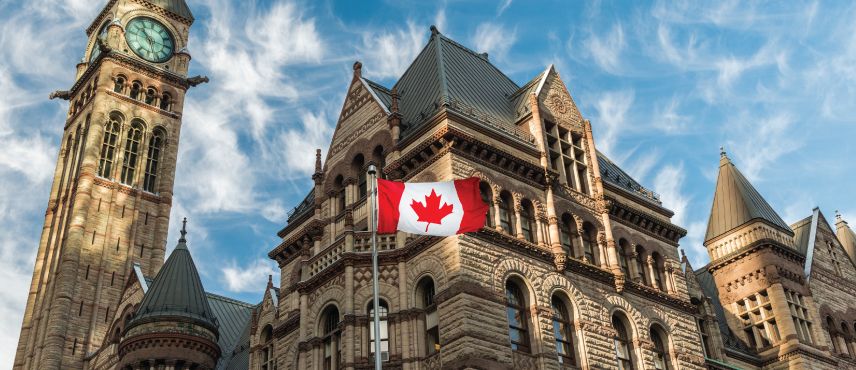Express Entry applicants who had gotten a provincial nomination were invited in the new round of invitations.
Canada invited 654 Express Entry applicants to give an application for permanent residence on February 10, 2021.
Immigration, Refugee and Citizenship Canada (IRCC) invited applicants who had a least score of 720.
Just applicants who had gotten a nomination from a Provincial Nominee Program (PNP) were invited in the latest draw, which is why the Comprehensive Ranking System (CRS) cut off was so high. Applicants who have gotten nominations from an Express Entry-aligned PNPs automatically get 600 points added to their overall score.
Todays draw CRS score was 21 points lower than that of the past PNP particular round of invitations held on January 20, 2021.
Express Entry is Canada’s application management system for three federal immigration programs: Federal Skilled Worker Program, Federal Skilled Trades Program, and Canadian Experience Class.
Applicants in these programs, as well as some PNPs, are given a score based on the CRS. These points are granted based on the applicant’s human capital factors, for example, age, education, work experience, and language ability in English or French.
The points might be granted to an individual or a couple. Express Entry Applicants don’t required to have any experience in Canada in order to be invited to give an application for permanent residence. They do not require an employment offer, but it might give them some additional points.
The most highest-scoring applicants get an Invitation to Apply (ITA) for permanent residence through standard Express Entry rounds of invitation. When an application has been submitted, IRCC will settle a final decision and send a Confirmation of Permanent Residence if the application is acknowledged. The last step for approved permanent residents is to settle in Canada and give an application for a PR Card. At this stage, such people are officially moved to Canada and may finally give an application for citizenship.
If a tie is between applicants, IRCC applies the tie-breaking rule. In the latest draw, applicants who had a CRS score of 720 or over, required to have presented their Express Entry profile before August 14, 2020, at 6:51:00 UTC in order to get an invitation.
Notwithstanding the Covid pandemic, 2020 was a record-breaking year for Express Entry. At the end, Canada had provided 108,350 ITAs to Express Entry applicants. This year is expected to be even bigger, as IRCC has raised immigration targets to make up for the diminished number of new permanent residents entering Canada previous year.
IRCC has now provided 10,654 ITAs through four program-particular draws to begin 2021.
The year 2021 is anticipated to see more increases as IRCC has raised immigration objectives to compensate for the reduced number of new permanent residents entered to Canada previous year. IRCC is also likely to place greater reliance on potential migrants and skilled workers already in Canada to complete these objectives, in part because of the continuing Covid measures and the current difficulties related with border closures and limitations.
IRCC has not yet held an all-program draw in 2021.
Canada is anticipated to welcome 401,000 new migrants this year, of these, 108,500 are allocated to come by an Express Entry-managed program. These objectives are anticipated to grow up over the next three years, rising to 110,500 in 2022 and 113,750 in 2023.






